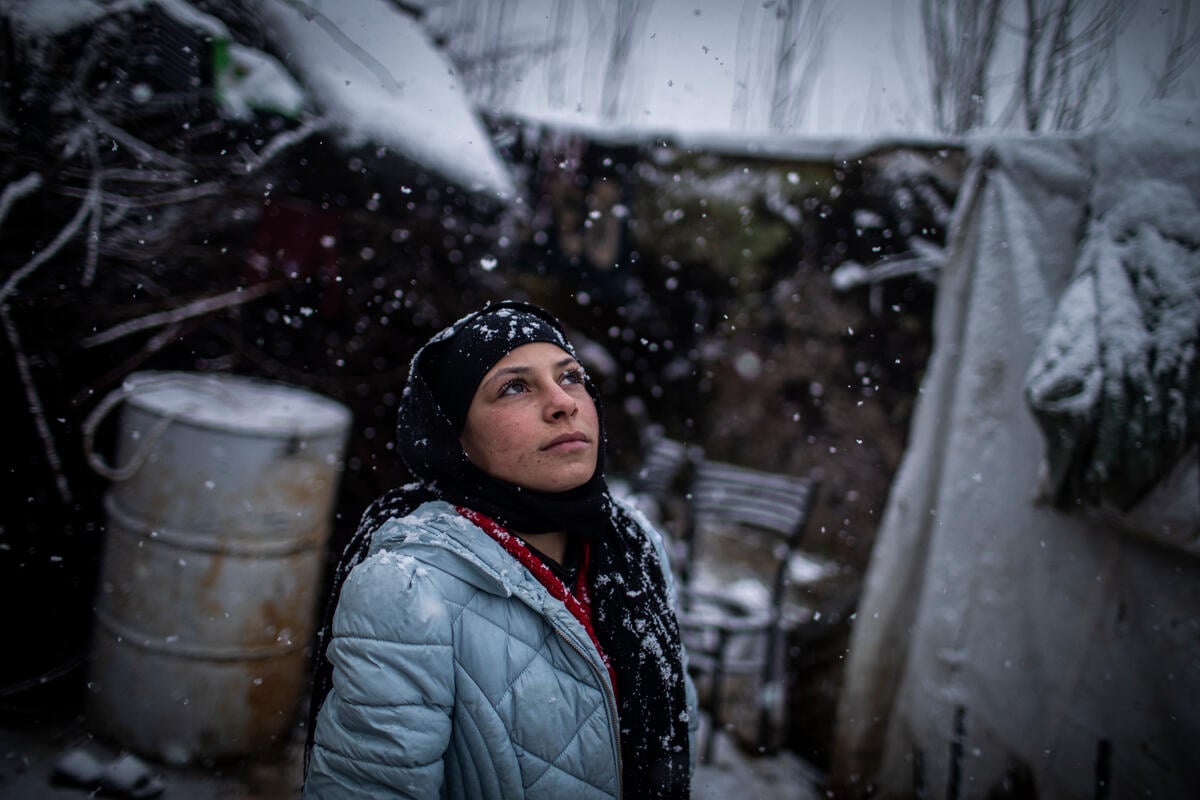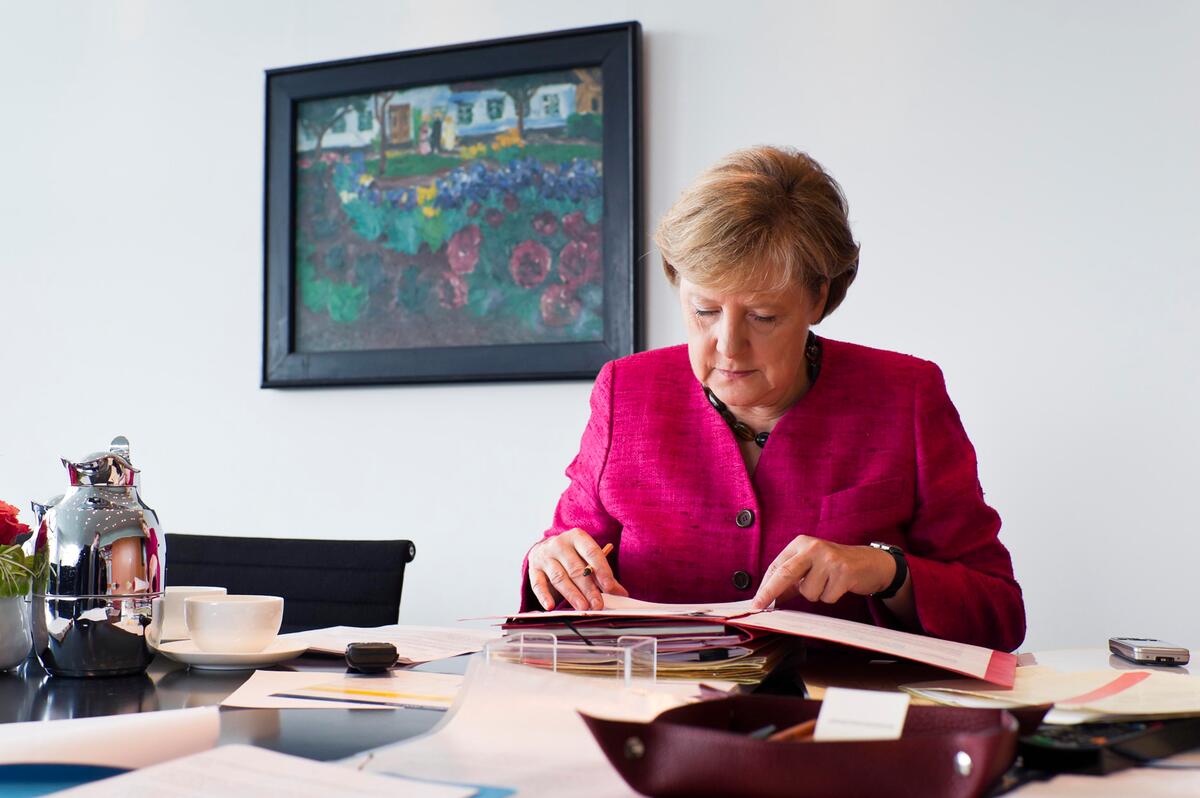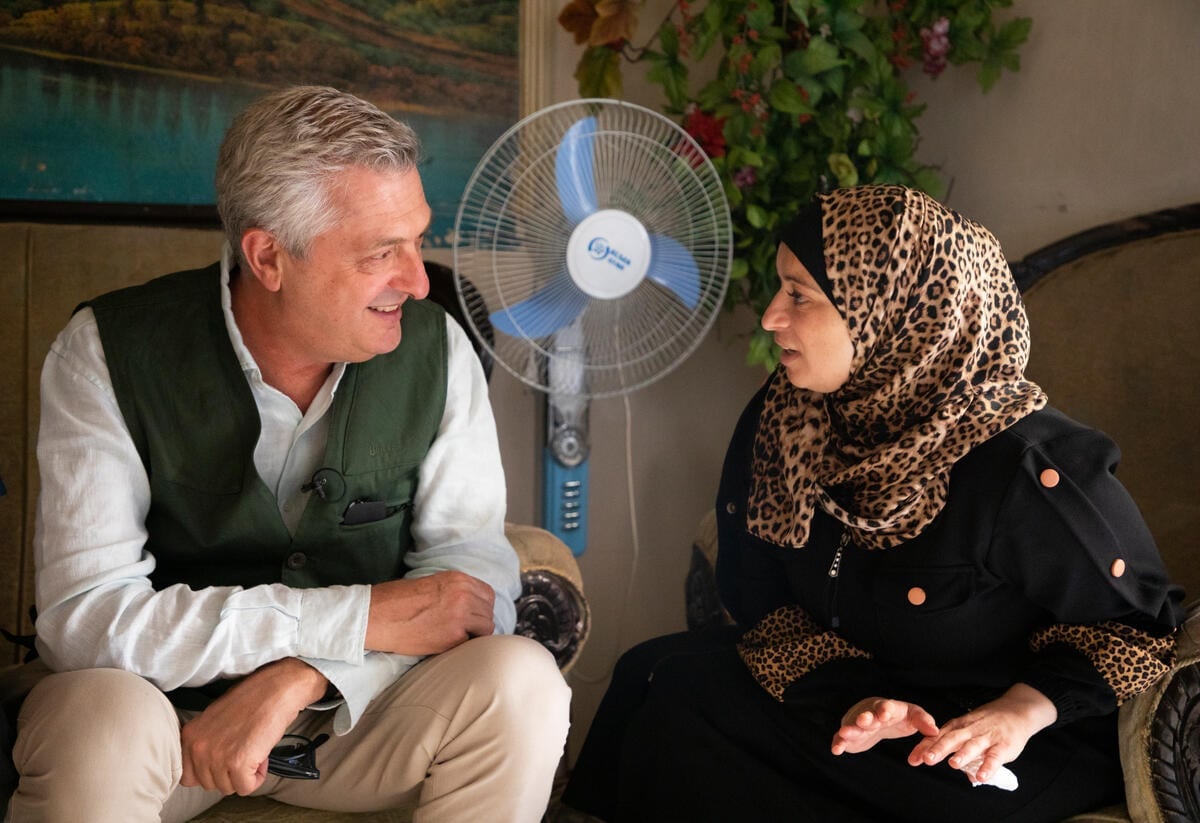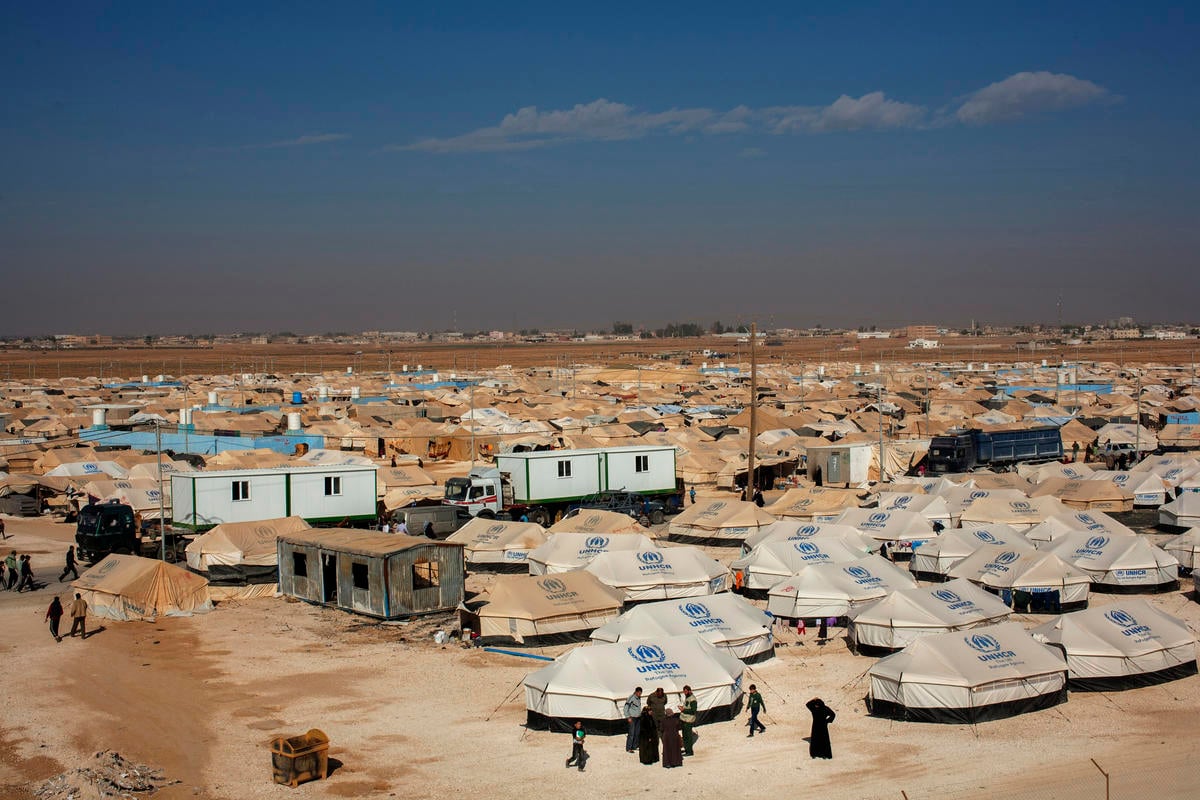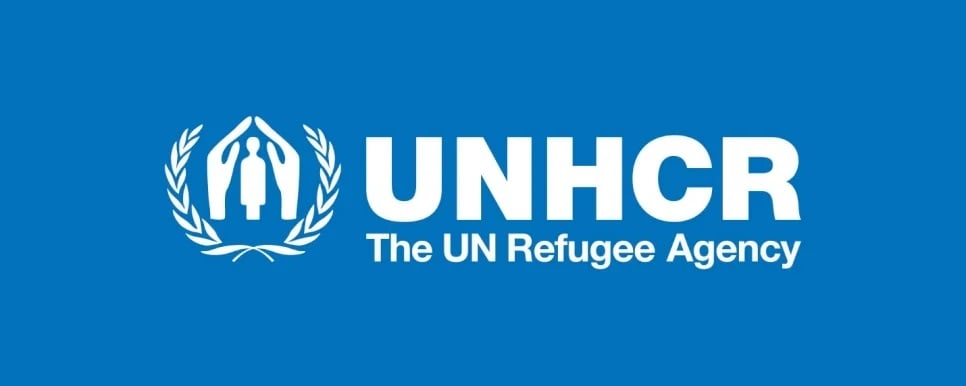UNHCR chief Guterres meets refugees at Jordan's Azraq camp
UNHCR chief Guterres meets refugees at Jordan's Azraq camp

AZRAQ CAMP, Jordan, May 3 (UNHCR) - UN High Commissioner for Refugees António Guterres visited the world's newest refugee camp at Azraq in eastern Jordan on Saturday, meeting families who have fled the conflict in neighbouring Syria.
More than 1,000 refugees have arrived at the camp since its official opening on 30 April. With 400-600 Syrians crossing the border into Jordan each day, plans are in place for Azraq to ultimately host up to 130,000 people, making it one of world's largest refugee camps.
At a reception area just inside the camp entrance, exhausted families freshly arrived from the border sat on plastic chairs shaded from the intense desert sun as they waited to be shown to their new shelters. Guterres asked them about the conditions they had faced inside Syria as well as about their journey to safety in Jordan.
One family from the besieged Old City of Homs described being forced to eat anything they could find growing in the ground in order to survive - including weeds and grass. They had escaped the Old City in February as part of a UN-led evacuation mission, and finally made it to Jordan after paying smugglers to take them on foot from the outskirts of Homs to the border.
"Jordan will take care of you, and UNHCR and its partners will do our best to support you here," Guterres told them. "But of course what we want is for peace to return to Syria so that you can go back to Homs."
The High Commissioner was given a tour of the camp's facilities, which include local community centres and children's recreation areas in each of the four villages currently in operation within the camp.
This is in contrast to Jordan's first major refugee camp at Za'atari, where around 100,000 inhabitants all share the same centralised services. Azraq's village-based approach is designed to foster a greater sense of ownership and community among residents.
The camp also boasts a large supermarket where vouchers provided by the World Food Programme can be exchanged for anything from fresh meat and vegetables to breakfast cereals and canned drinks. Each resident receives US$33 per month in vouchers, on top of a basic food package on arrival containing items such as cooking oil, rice, lentils and sugar.
During his tour, a group of Syrian men invited Guterres to visit one of their shelters to see the living conditions and hear their first impressions of the camp. Outside the row of white metallic structures, one of the men read a poem from a sheet of A4 paper describing the suffering they had faced in Syria, and calling on UNHCR and the Jordanian authorities to do more to help them adapt to life in the camp.
Some of the chief difficulties faced by camp residents include the lack of electricity inside the shelters, a lack of access to basic services such as barbers and clothing shops, and a harsh desert climate that is often searing hot by day and bitterly cold by night.
Guterres said he understood that life in the new camp was difficult, but stressed that Jordan is a small country with limited resources that is already host to 1.7 million Palestinian refugees and at least 600,000 Syrians who have fled across the border.
"Even if we are doing our best to have a dignified camp here, we understand that this is nothing compared to people living in their own houses, villages and cities," he said. "But we will be making an effort to improve things progressively, and we will be pushing as much as possible to have international support to improve the conditions."
The High Commissioner also met a family waiting to be allocated a new shelter after their first had burned down the previous night, due to a suspected fault with the gas stoves given to refugees on arrival.
The camp's fire service is currently working to confirm the cause of the blaze, but Guterres promised that any faulty stoves would be replaced with new models.
By Charlie Dunmore in Azraq Camp, Jordan


